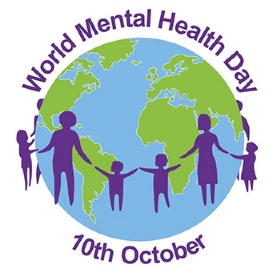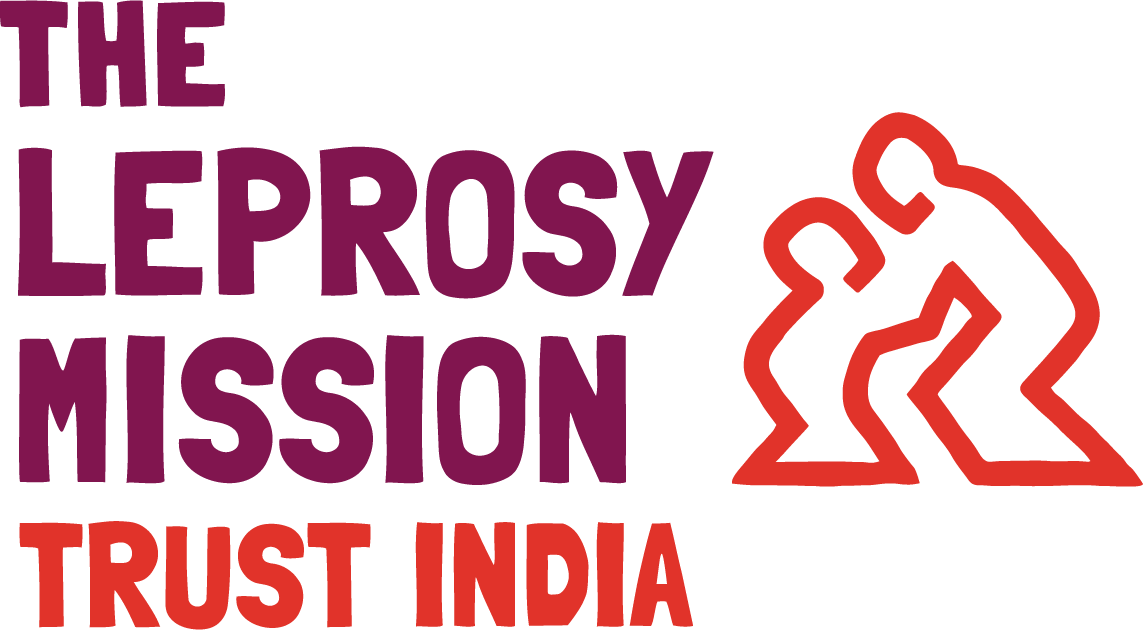World Mental Health Day 2019
World Mental Health Day 2019
– By Mr Bagival Pradeep, Head of Advocacy, The Leprosy Mission International
The World Mental Health Day is commemorated on 10th of October every year to emphasize the importance of mental health through raising awareness and to advocate against prevailing social stigma faced by persons affected by mental illness and their family members. With one suicide case being reported every 40 seconds across the globe, the theme for this year is aptly on ‘suicide prevention’. Mental health of persons affected by leprosy and Neglected Tropical Diseases (NTDs) is yet to become a priority for the national governments and other stakeholders of mental health programmes in NTD endemic countries.The pre-meeting of the persons affected by leprosy and other NTDs held during the 2018 Neglected Tropical Disease NGO Network (NNN) meeting in Addis Ababa was an opportunity to hear persons affected by leprosy speak about suicidal tendencies they experienced after being diagnosed with leprosy. Epidemiological studies have indicated variable psychiatric disorders

Mental health is yet to figure as a prominent issue in the public health agenda. This is perhaps the biggest barrier in developing a robust mental health programme in low and middle income countries. According to the WHO Mental Health Gap Action Programme, almost a third of countries still do not have a specific budget for mental health. Of the countries that have a designated mental health budget, 21% spend less than 1% of their total health budgets on mental health. Like in the case of any other public health intervention, the success of any mental health programme depends on the level of political commitment and therefore the parliaments of the developing countries have a crucial role to play to ensure that there is adequate resources allocated by the national governments as part for the health expenditure towards the national mental health programmes. A pragmatic and a programmatic approach is desired from the World Health Organization country offices in low and middle-income countries as they are uniquely placed to advocate, negotiate and technically support national governments in developing a robust mental health interventions with the involvement of the communities and their representative organizations. Given the fact that there are more than a billion people affected by NTDs, it is crucial to address their mental health needs by including indicators on mental health of persons affected by NTD in the WHO AIMS tool (WHO Assessment Instrument for Mental Health Systems).Last but not the least, mental health is a human right and ensuring access to mental health services to all those citizens in need of it will have a prominent impact on the nation’s economic growth and in alleviation of poverty levels especially in low and middle-income countries.
Disclaimer: The writer is Head of Advocacy at The Leprosy Mission International. He can be reached at pradeep.bagival@leprosymission.org. This is an opinion piece and the views, thoughts and opinions expressed here are solely those of the author in his own capacity.


